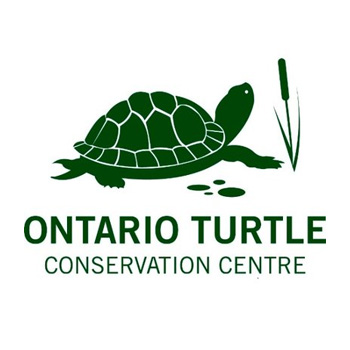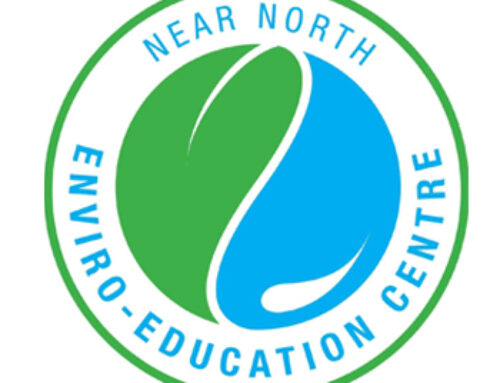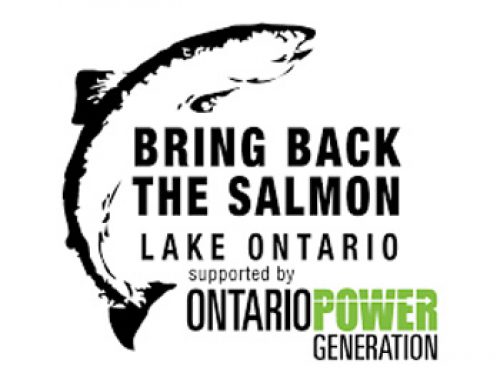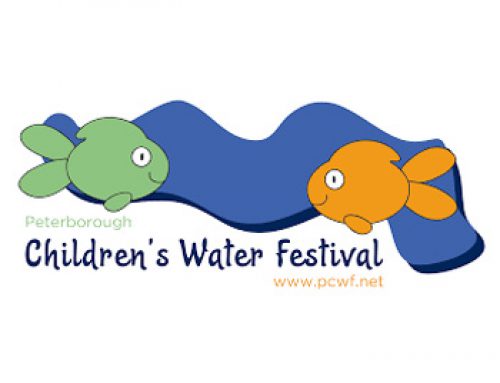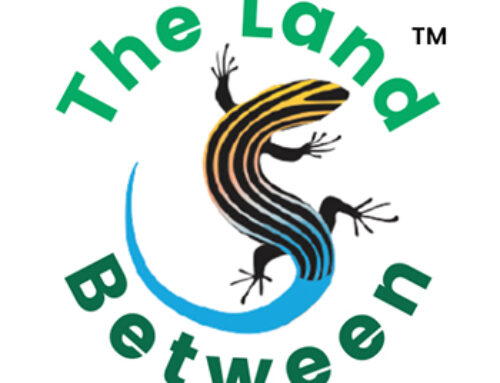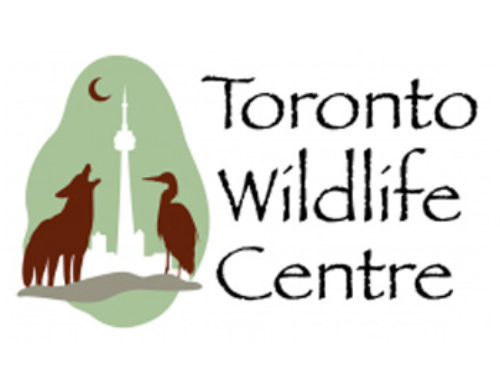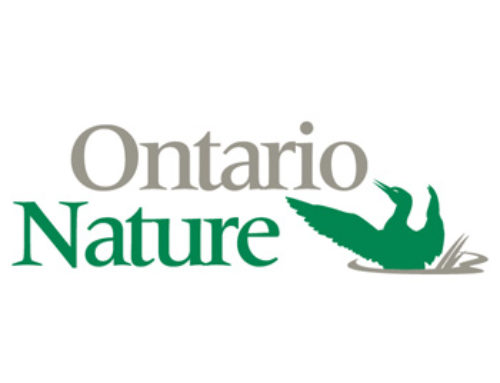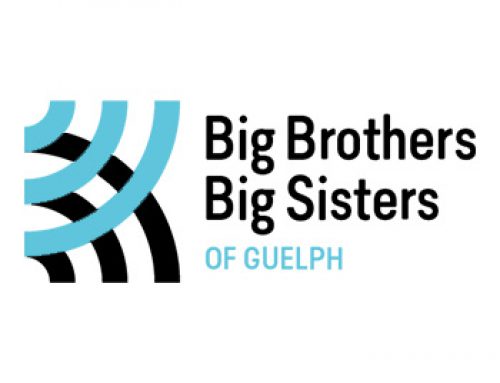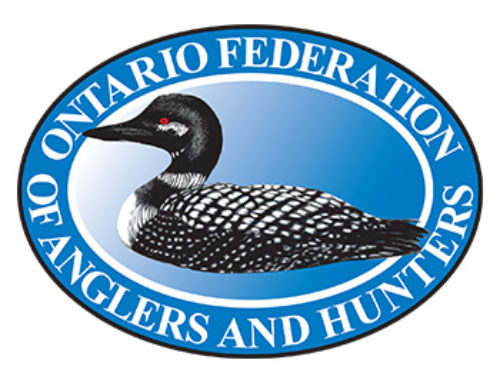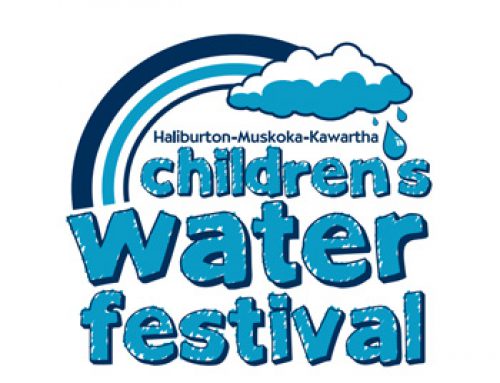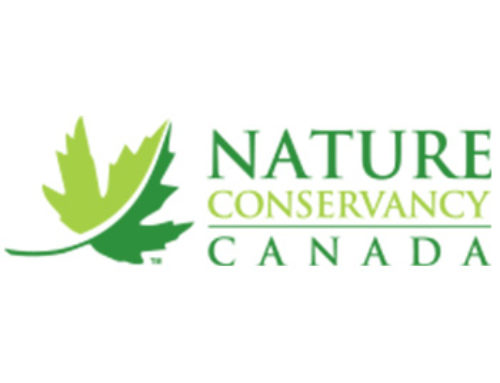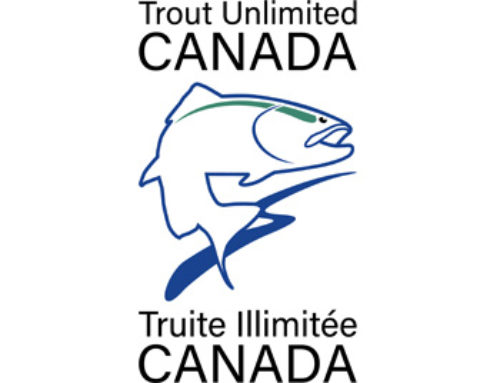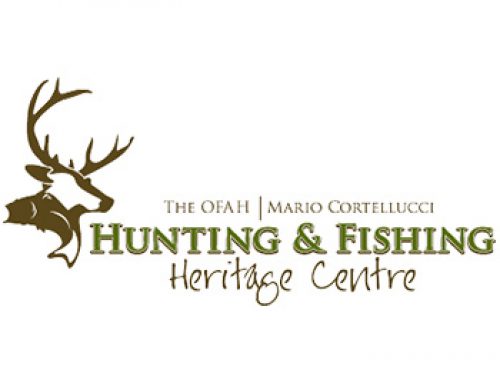2022
Hatchling and Head-start Project
Project Objective
To mitigate reproductive loss from injured at-risk females and replenish declining populations, study the effectiveness of head-starting and share best practices, educate WRCs across province on egg incubation and head starting, and involve citizens in education workshops, care and release of hatchlings, and stewardship projects.
Egg Incubation and Head-starting:
Since approximately half of the admissions of injured at-risk turtles to the OTCC turtle hospital are females carrying eggs, OTCC ensures that the eggs are saved and incubated, and the resultant hatchlings are released back to their mothers’ source wetlands. Release of hatchlings helps to mitigate the reproductive loss
female turtles, while also replenishing declining population levels (all eight species of native Ontario turtles are listed as at risk by the Committee on the Status of Endangered Wildlife in Canada). Our yearly admissions have more than tripled in the past five years, and along with the increase in admissions comes increased eggs, with 5000-6000 eggs being incubated each year, requiring increased resources. Eggs will be incubated to recover 50:50 males to females (with the exception of map turtles), to replace what is seen to be lost on the roads. (Carstairs et al., 2018) Hatchlings from all species will be head-started (cared for throughout the winter) at the OTCC hatching facility, since the larger they are when released, the greater the chance of survival when they are released back to their source wetlands the following year.
Field Research:
Additionally, we will head-start some Blanding’s turtles for additional time, in order to be able to track them via radio telemetry alongside a group of wild-hatched Blanding’s turtles of comparable size at our field research site. Currently we are tracking 29 juvenile Blanding’s turtles. The research allows us to compare the movement patterns, behaviour, growth, and survival, between the two groups. Evaluation of the success of management strategies such as head-starting is noted as a priority action in the Wood Turtle Recovery Strategy.
Education:
OTCC plays an important role in the teaching of wildlife rehabilitation centres and hatchling facilities across the province and beyond, as well as in inspiring conservation action and stewardship among citizens. Thousands of community members, including students and youth groups, will have a chance to view the hatchlings housed at OTCC when they take part in our workshops and events (in person and virtual) at our education centre.


